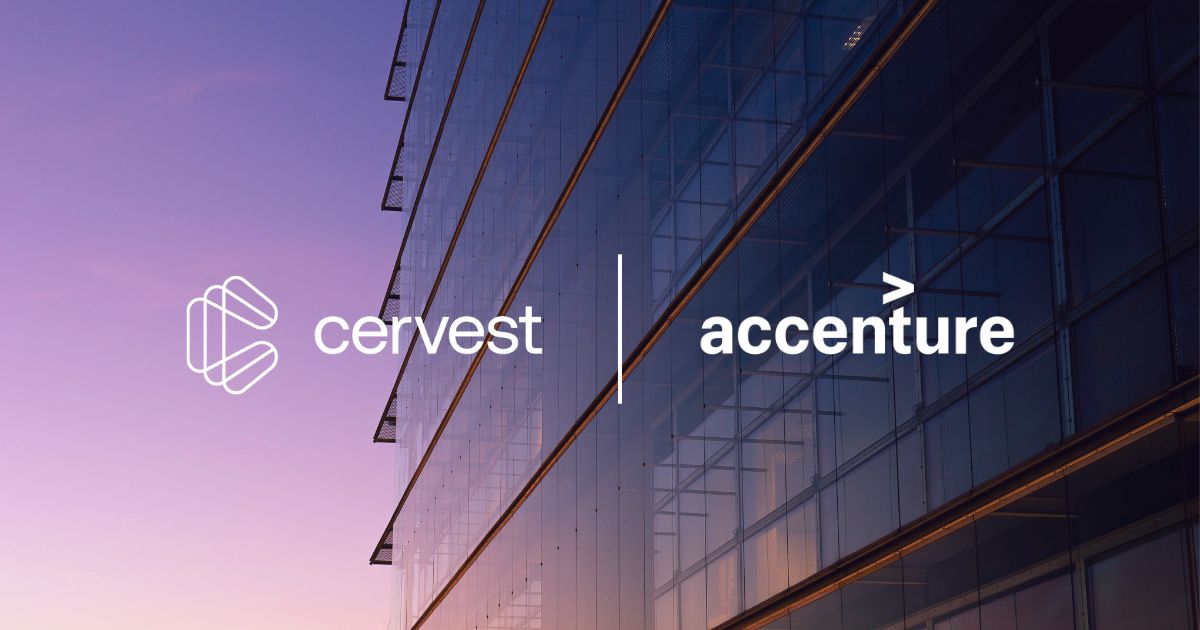Verdantix Climate Summit 2022: how important is standardization in avoiding greenwashing?

What is greenwashing? In the Cambridge Dictionary, ‘greenwashing’ is defined as “Behaviour or activities that make people believe that a company is doing more to protect the environment than it really is.”
Sometimes referred to as “green sheen”, a recent Financial Times article on the greenwashing issues with the EU’s proposed carbon removal rules highlighted the issue further. The question is, how can we avoid greenwashing and create a greener global economy? The United Nations (UN) says that greenwashing has to stop and a UN expert panel has given recommendations for tackling greenwashing. At Cervest, we want to address the topic of standardization to avoid greenwashing.
The Verdantix Climate Summit in London
To debate the greenwashing issue, our Founder and CEO, Iggy Bassi, joined a panel with Verdantix, a research and advisory firm and thought leader in innovation, at the Verdantix Climate Summit in London: Innovative Solutions To Master Climate Disclosures.
The one-day summit aimed to aid Chief Sustainability Officers and Sustainability Leads to understand complex carbon management challenges, look at new and emerging technology, and educate leaders on creating and actioning solid Net Zero strategies. It also looked at why a Net Zero future is becoming increasingly urgent on the corporate agenda. With the global climate becoming more extreme and the raft of recent regulations and investor demands, it must be prioritized alongside building resilience
The panel discussion on greenwashing
Iggy joined the panel for The Green-Eyed Monster: Avoiding Greenwashing Allegations, which covered the global government crackdown on greenwashing. The panel discussed how unregulated and unsupervised the market for ESG scores for equities is, and its need for standardization across the scoring system. Investors require transparency on which companies are operating sustainably, and for the good of the climate.
The panelists talked about the importance of greenwashing mitigation and regulation alignment for firms, and how essential it is that they are uniform and consistent, across the board. The importance of standardization was a pivotal part of the discussion – a crucial element in decreasing greenwashing. The other participants on the panel were Kim Knickle, Research Director, ESG & Sustainability, Verdantix, Riad Efendi, Global Corporate EHS Manager, TechnipFMC, and Kim Rybarczyk, ESG Council, Linklaters.
Standardization: why is it so important?
The United Nations recently unveiled a set of standards at COP27, to help assess companies’ environmental credentials and highlight false claims. But why is standardization so critical? Regarding the issue, Iggy discussed how companies aren’t necessarily greenwashing on purpose – organizations mostly fear litigation. He focused on standardization as a key focus: with many businesses not knowing what to disclose and what the standard actually is.
Clear and transparent standards are pivotal in preventing organizations from greenwashing. When all organizations understand what standards they are being held to, and what they have to declare, it forces them to carefully consider the credibility of their climate strategies. Regardless of whether greenwashing is accidental, or done with intent, standards hold companies accountable.
In the greater panel discussion, Iggy covered the anxiety for organizations around revealing too much and highlighted the root cause of this again as a lack of standardization. Accessing standardized and universally accessible climate risk ratings is a game changer when compiling climate risk insights and disclosures. The valuable insight gleaned from these ratings is not only useful for reporting, it can be shared company-wide as a single source of truth – offering full transparency.
Finally, Iggy explored how standardization can build trust and value, aid effective decision-making, and allow comparisons internally, across businesses and borders. Climate change doesn’t see boundaries and the approach to managing the related risk must operate in the same manner.
Climate insight is the key to climate disclosure reporting
Getting the most comprehensive climate risk insights is the key to climate disclosure reporting and empowering informed decisions to take meaningful action and avoid greenwashing. Advanced technologies that provide climate intelligence (CI) – a new type of business intelligence – enable a comprehensive view of climate at asset and portfolio levels to inform strategic, financial, and operational decision-making. Cervest’s CI is deeply rooted in science. By basing insights on science, there is no space for greenwashing with climate risk.
Cervest Ratings
Cervest Ratings™ evaluate the potential for climate-related risks to cause physical damage and disruption to any combination of assets, from individual assets to portfolios, companies, and financial securities. With Cervest Ratings, customers can screen, compare, and prioritize their assets for climate-related risk across multiple climate scenarios, time horizons, and hazards simultaneously, and identify the key physical risk metrics driving their rating so that they can make more informed decisions about their adaptation planning.
Companies can use Earthscan’s globally comparable and standardized Cervest Ratings to identify the most vulnerable, highest-priority assets in their portfolio, supply chain, and acquisition plans. This forms a solid base when starting to make adaptation and mitigation measures. Avoid greenwashing and introduce a uniformed process for reporting with our science-backed, decision-useful climate intelligence.
Ready to get climate risk insights about your organization’s portfolio? Read our ebook, Powering action with climate intelligence.
Share this article
Our latest news and insights

Accenture and Cervest collaborate to bring innovative solutions to clients seeking resilience amid increased climate risk
Read more
What is climate intelligence and why do businesses and governments need it?
Read more